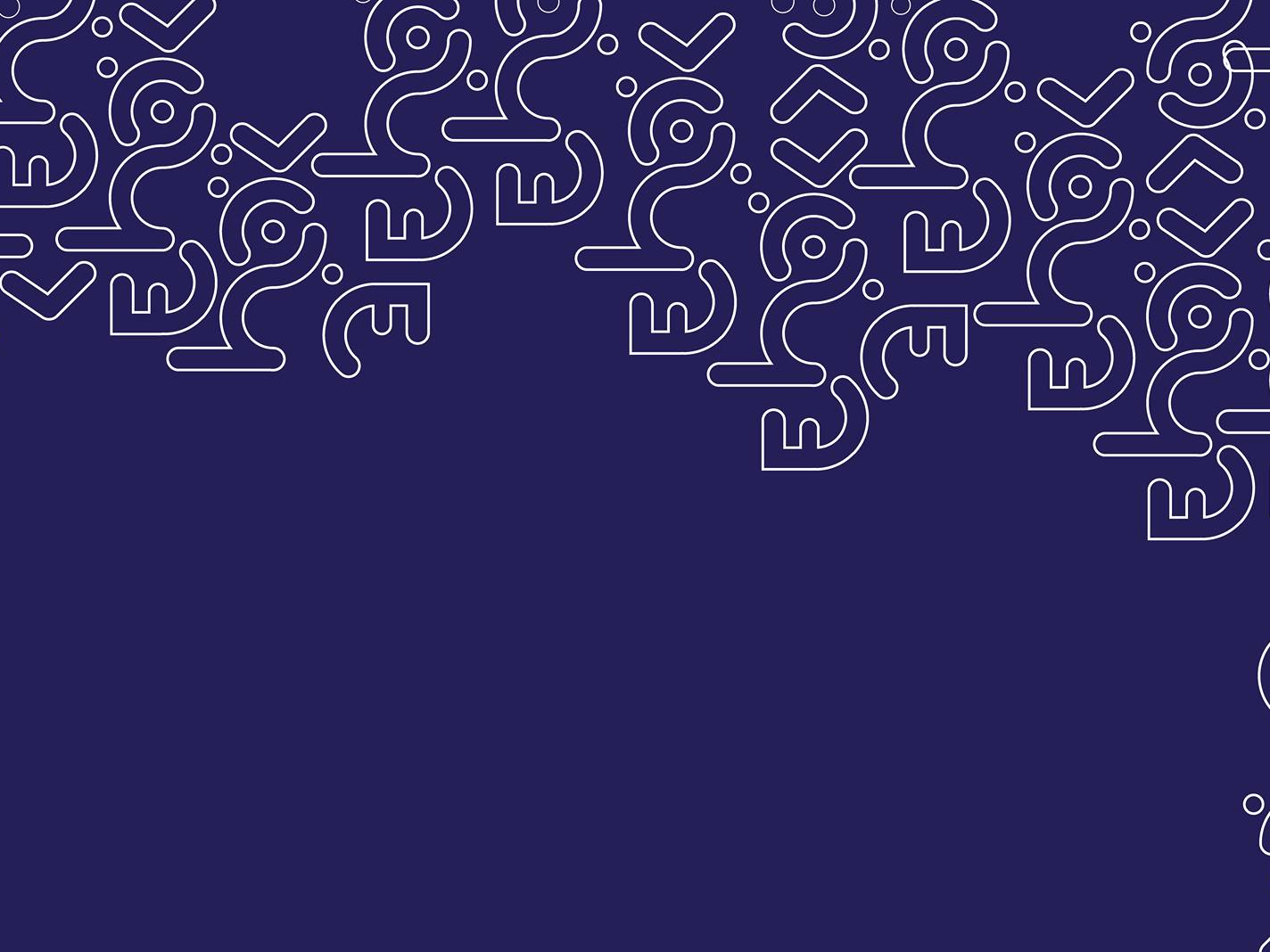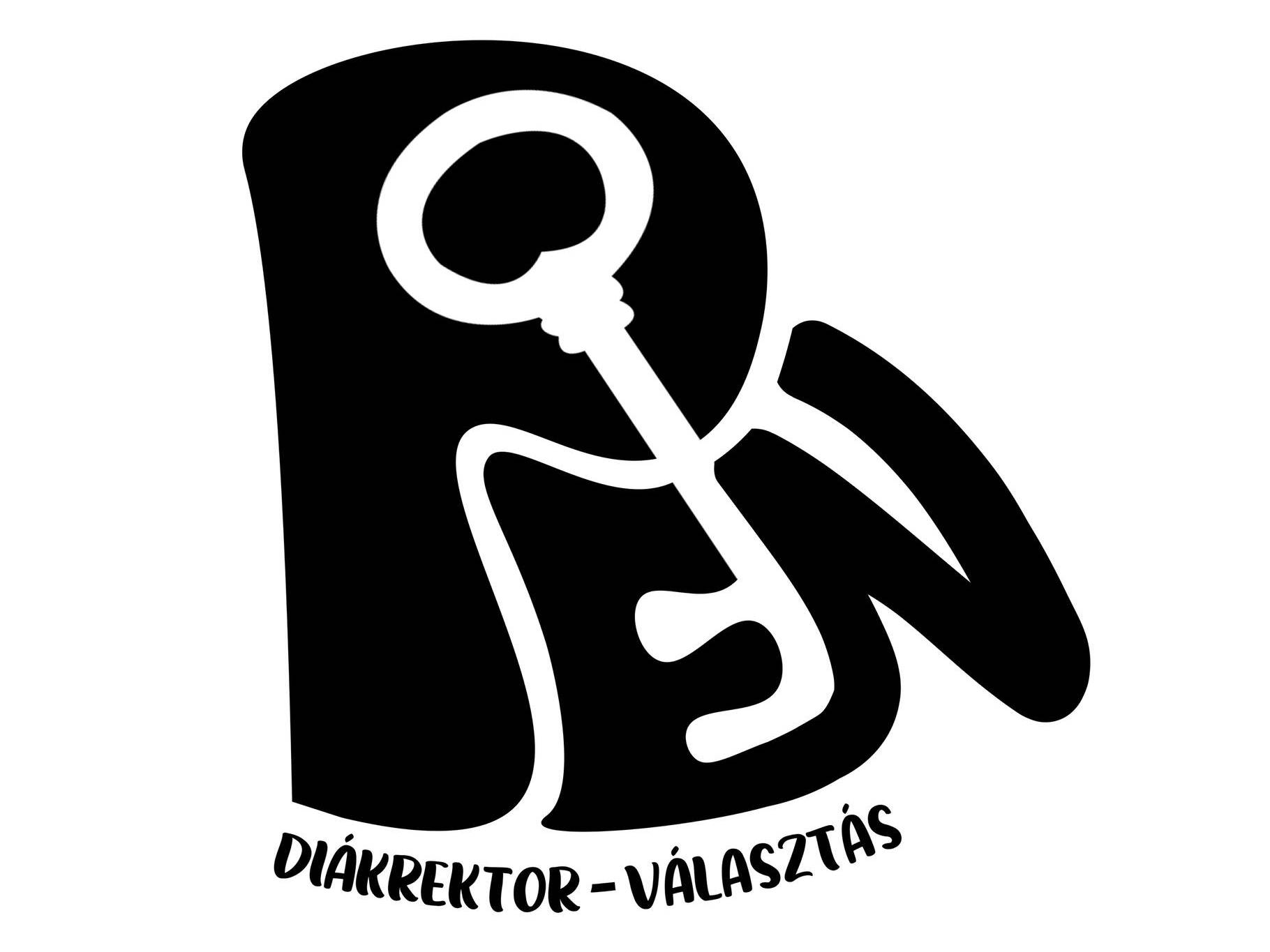
Az Egyetemi Hallgatói Önkormányzat valamint a Hallgatói Szolgáltatási Központ által közösen fenntartott irodánkban a hallgatók és doktoranduszok egy helyen elérhetik a hallgatói önkormányzatok pályázati lehetőségeit, intézhetik a szociális és kollégiumi felvételüket, valamint a PTE Student Service Iskolaszövetkezettel kapcsolatos feladataikat.
Hírek
-
Építész bejárás: Velence – Galéria
Carlos Scarpa szerint „a részlet maga az építészet”. Talán ezért is dönt úgy a PTE MIK szakkollégiuma időről időre, hogy kilépünk a rajzlap és a makettezőasztal mellől, és […]
-
Turistaként a fővárosban – November 17., Budapest napja
Ki jobban, ki kevésbé, de valamilyen szinten mindenki kötődik a fővárosunkhoz. Sokunknak vannak kedves gyerekkori emlékei, sokan vagyunk, akik gyakran lépkedünk a történelmi utcák […]



